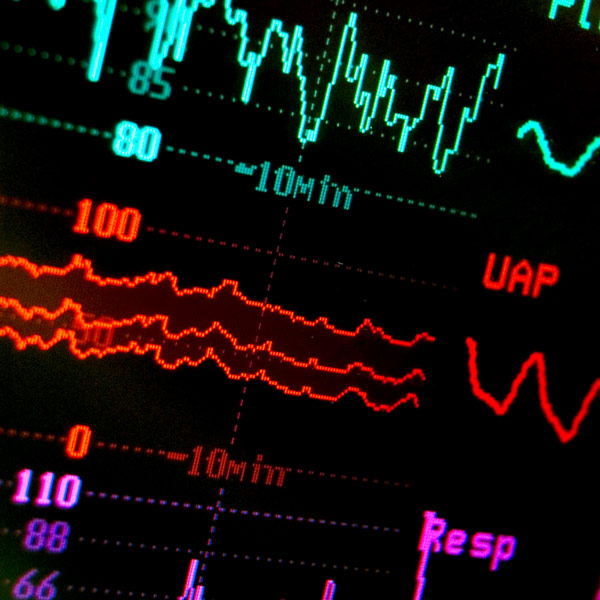
THURSDAY, April 11 (HealthDay News) — As anyone who’s lost a job can attest, stress and worry often quickly follow. But the health of your heart after unemployment can also take a tumble.
Job loss can cause immediate heart issues, and the stress and bad habits that frequently come with unemployment can build up over time, causing cardiovascular damage, health experts say.
In some people, especially those who might not be expecting the job loss or those with significant financial obligations, getting fired may cause a condition called broken heart syndrome. “In a very stressful situation, you can actually get a severe release of adrenaline and sympathetic nerve discharges that cause the heart to beat irregularly,” said Dr. John Higgins, a sports cardiologist at the University of Texas Health Science Center in Houston.
These changes can actually cause a heart attack in some people, though Higgins said that most people who have significant stress reactions return to normal over time without having a heart attack.
Long-term changes that happen after a job loss — such as financial stress, family problems, loss of daily routine and sometimes higher-risk behaviors, like increased alcohol use or a poor diet — can cause heart problems to develop over time, Higgins explained.
Psychological factors can play a role, too.
“Most of us know the common risk factors for heart disease, like high cholesterol, high blood pressure and genetics, but about 25 to 35 percent of heart disease remains unexplained,” said Dr. Kavitha Chinnaiyan, director of cardiac imaging at Beaumont Hospital in Royal Oak, Mich. “Psychosocial factors likely play a role in these unexplained cases. More and more studies have been looking at stress, anger, sudden stress and major life changes like losing a job, and all of these can have a major effect on cardiovascular events,” she said.
One recent study, published Nov. 19 in the Archives of Internal Medicine, found that the risk for heart attack increased significantly for middle-aged to elderly people when they were unemployed. The researchers also found that the risks increased incrementally with each subsequent job loss.
Losing a job, however, doesn’t mean automatic heart problems, especially if you take steps to protect your heart’s health.
“Decreasing stress hormones is important,” Chinnaiyan said. “We know from studies that behaviors such as meditation, yoga and tai chi work specifically to reduce our response to stress.”
Meditation, one of Chinnaiyan’s favorite ways to reduce stress, “can help in multiple ways,” she said. “It helps you see your choices and have a clearer perspective of what to do next. Stress may still be around us, but meditation gives us a better ability to cope with it.” Yoga can also be quite helpful in decreasing stress-related hormones, she added.
Higgins noted that it’s crucial to keep up a regular exercise routine. He recommends exercising 30 to 60 minutes most days of the week. “This helps reduce cardiac risk factors and depression,” he said. But, if someone has significant clinical depression, exercise won’t be enough, he noted, adding that it’s then important to see a mental health professional.
He also recommends body muscle relaxation exercises. “Lie down and go through each muscle group in your body, progressively relaxing the muscles as you go,” Higgins said. He noted that a variety of CDs and programs available on the Internet offer detailed instruction on relaxation exercises.
For some people, Higgins said, job loss support groups can also be helpful.
But what’s most important, he said, is to remember that “while it’s bad, you could be worse off.”
As Higgins said: “One of my favorite quotes from Winston Churchill applies here: ‘When you’re going through hell, keep going.'”
More information
The U.S. Centers for Disease Control and Prevention has more on what you can do to prevent heart disease.
To read about one man’s story of dealing with the stress of job loss click here.

